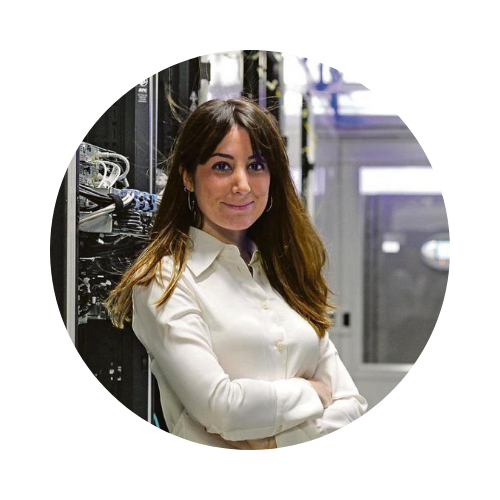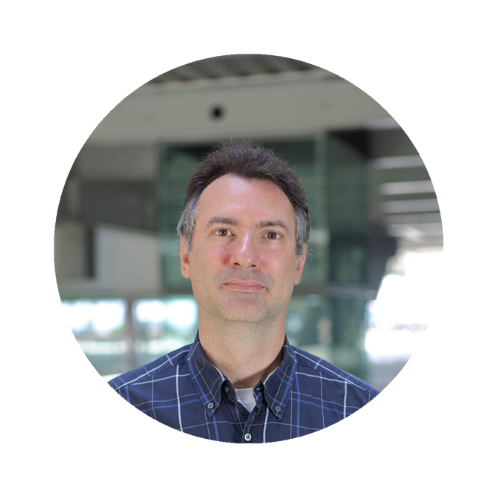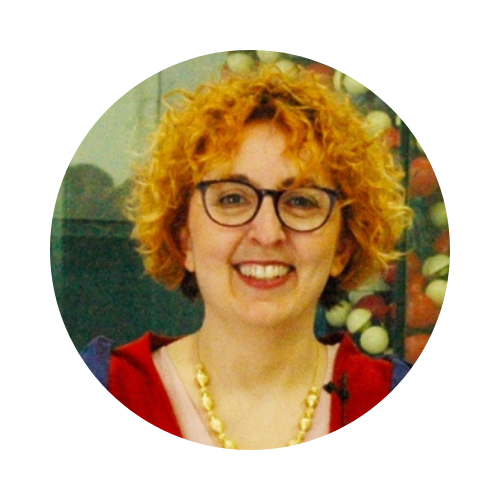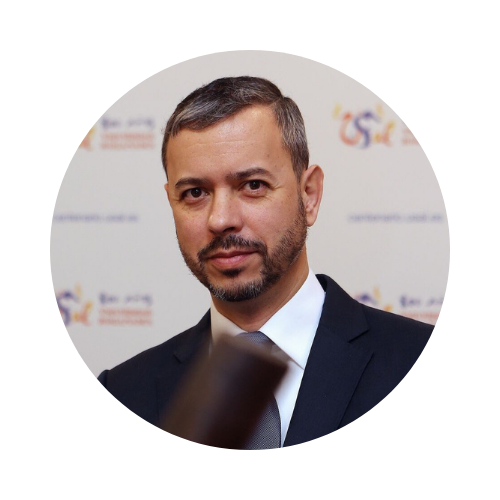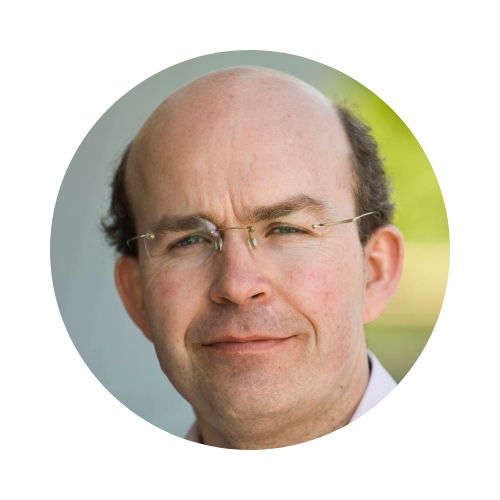Meet Our Keynote Speakers
Roser’s research is focused on the adaptation of immune cells in tissues and their function in steady state and inflammation. Her team uses genomics, spatial transcriptomics and bioinformatics tools to reconstruct the microenvironment that will shape immune cellular identity and function.
She is passionate about the capacity of immune cells to communicate with their neighbours and coordinate complex, tailored responses. Her team has a special interest in modelling cellular interactions and uses single-cell, spatial transcriptomics and functional assays to reconstruct the signalling mechanisms underpinning cellular behaviour in healthy and diseased tissues.
Roser did her PhD with Esteban Ballestar in Barcelona, where she studied the influence of cytokines on innate immune cell differentiation. Amongst others, she characterised the molecular events downstream of IL4 that shape cell-type specific epigenetic and transcriptomic changes during dendric cell differentiation. In subsequent work, she was looking for a translational application of her work and identified an epigenetic signature associated with autoinflammatory diseases for the first time. This has paved the way for identifying novel therapeutic targets and biomarkers. In the final year of her PhD studies, Roser took part in a part-time bioinformatic’s master where she improved her bioinformatics and statistics skills.
Roser did her postdoc with Sarah Teichmann at the Wellcome Sanger Institute as an EMBO and HFSP Fellow. During her postdoc, she worked on tissue resident immune responses and focused on one of the most intriguing environments for immunologists: the maternal-fetal interface during pregnancy. She generated the first single-cell map of the maternal–fetal interface during early pregnancy and discovered new cell states and their role in controlling inflammation and ensuring a peaceful maternal and fetal co-existence in the womb. Roser also designed CellPhoneDB, a novel repository of ligands and receptors, and their interactions and applied CellPhoneDB to study cellular connections from single-cell transcriptomics data.
Cédric Notredame is a group leader at the Centre for Genomic Regulation (CRG) in Barcelona, Spain. A molecular biologist by training, he graduated from the University of Toulouse and completed his PhD in Bioinformatics in 1998 at EMBL-EBI (Cambridge, England). After a postgraduate position at NIMR-MRC in Willie Taylor’s laboratory, he joined CNRS (Marseille) as a scientist and group leader at the Swiss Institute of Bioinformatics (Lausanne).
His main interests focus on developing new algorithms for multiple sequence alignment of evolutionarily related sequences and their subsequent phylogenetic or structural modeling. He is the lead author of T-Coffee, a popular multiple sequence alignment tool capable of integrating sequence and structural information. He is also well known for co-authoring Bioinformatics for Dummies with Jean-Michel Claverie.
Francesca Ciccarelli is Professor of Cancer Genomics at Barts Cancer Institute, Queen Mary University of London, where she leads the Centre for Cancer Evolution. Francesca is also Principal Group Leader at the Francis Crick Institute. Francesca graduated in Pharmaceutical Chemistry at the University of Bologna and did her PhD at the EMBL in Heidelberg, where she studied the evolution of genomes using comparative genomics.
Francesca’s multidisciplinary team of biologists, mathematicians, oncologists, engineers, and computer scientists applies genetics, imaging and theoretical modelling to study cancer evolution in time and space. Francesca co-leads the Cancer Evolution Theme of the CRUK City of London Cancer Centre and her work is supported by Cancer Research UK, the MRC, and the European Research Council (ERC).
Raúl holds a degree in Physics and a PhD from the Autonomous University of Madrid. Until the present, he has served as the Gerald and Janet Carrus Professor at Columbia University in New York (USA), where he was the Director of the Program in Mathematical Genomics and previously the Director of the Center for Topology of Cancer Evolution and Heterogeneity. Earlier in his career, he was a researcher at the Institute for Advanced Study (IAS) in Princeton (USA) and at CERN in Geneva (Switzerland).
His scientific work has focused on developing and applying quantitative models to large-scale genomic data in order to understand the dynamics of biological processes—particularly cancer and infectious diseases. This research has resulted in more than 200 peer-reviewed scientific publications in high-impact journals, including The New England Journal of Medicine, Nature, Science, Nature Biotechnology, Nature Genetics, Nature Medicine, and Cell, among others.
Professor Tim Hubbard became Director of ELIXIR in 2024, a distributed European research infrastructure for life-science data. Alongside this role, Tim is also Professor of Bioinformatics at Kings College London and holds memberships with the Science Advisory Committee for Genomics England and Technical Advisory Group (TAG) on Genomics, established by the World Health Organisation. Tim’s previous work as Head of Genome Analysis at Genomics England is highly regarded, having been set up by the Department of Health to execute the 100,000 genomes project, which aims to mainstream the use of whole genome sequence analysis for treatment in the UK National Health Service (NHS).
Until 2013 Tim was Head of Informatics at the Wellcome Trust Sanger Institute where he was one of the organisers of the sequencing of the human genome. In 1999 he co-founded the Ensembl project to analysis, organise and provide access to the human genome and from 2007 led the GENCODE project to annotate the structure of all human genes.
In late 2024 Tim was selected to be among the first Honorary Fellows of HDR UK, in recognition of his outstanding contributions to the Institute.

